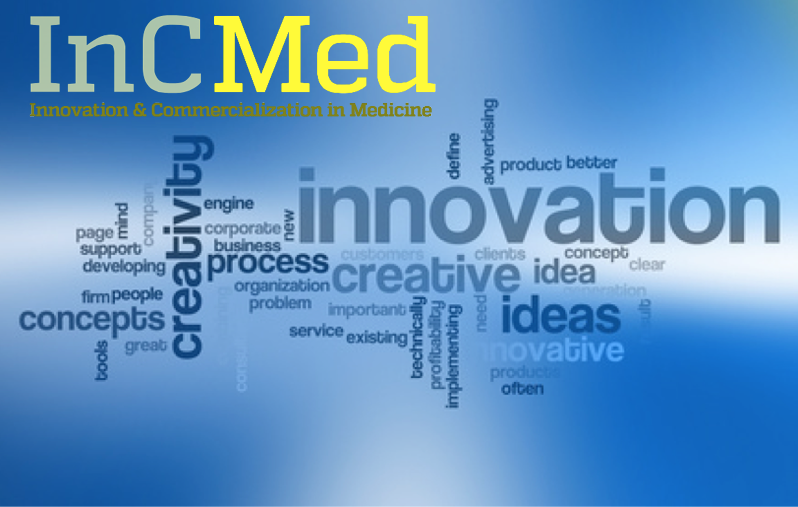While we didn’t go into academic medicine to commercialize products, many of us have ideas and discoveries that can improve health. Intellectual Property (IP) has a broad definition- any new and useful process, machine, composition of matter, life form, article of manufacture, software, copyrighted work or tangible property. It’s imperative that we know our responsibilities as faculty members and understand some essential elements on disclosing inventions to JHU. I interviewed Jill Uhl, Senior Director of IP at JH Technology Ventures (JHTV) in order to distill some essential guidance.
 First, a warning: challenges ahead. IP is confusing: don’t try to do it on your own. Here, decisions are not derived from scientific reasoning alone. If in doubt, contact JHTV and lean towards over-disclosure. On disclosure:
First, a warning: challenges ahead. IP is confusing: don’t try to do it on your own. Here, decisions are not derived from scientific reasoning alone. If in doubt, contact JHTV and lean towards over-disclosure. On disclosure:
Why? Put simply, you have to disclose your inventions. It’s law, established since the Bayh Dole Act gave universities the rights to own IP in 1980. If you use any university resources or invent something in the scope of employment, then JHU owns it and you’re obligated to disclose it. If you invent something not related to work—and you do it somewhere else—it’s a different story. But, caution here. Talk to JHTV with questions (including policies for sabbatical). More whys:
- You and your lab receive part of licensing income
- It’s the only way to get your product to your patients
What? Disclose any invention or any concept of an invention including how you could reduce it to practice. This includes a device, drug, method, composition of matter (new compound) or method of treatment. Software and apps are treated differently—a lot are no longer patentable, but may be copyrightable.
When? As soon as you think you have an invention you should disclose, even if you don’t know how it would work. In 2014, the laws changed and the U.S. become a “first to file” country. Early disclosure became even more important. This means, disclose:
- Before you make anything “public” with a journal article, grant application or conference proceeding
- Even before you have done the work. Data is better, but not needed
Where? JHTV has made it easy by making an Inventor Portal (https://jhu.inteum.com/jhu/inventorportal/). An IP manager will contact you within 48 hours to acknowledge and the process begins. JHU IP Policies are available at https://www.jhu.edu/university-policies
-Kieren Marr, Associate Vice Chair for Innovation and Commercialization (InCMed)
